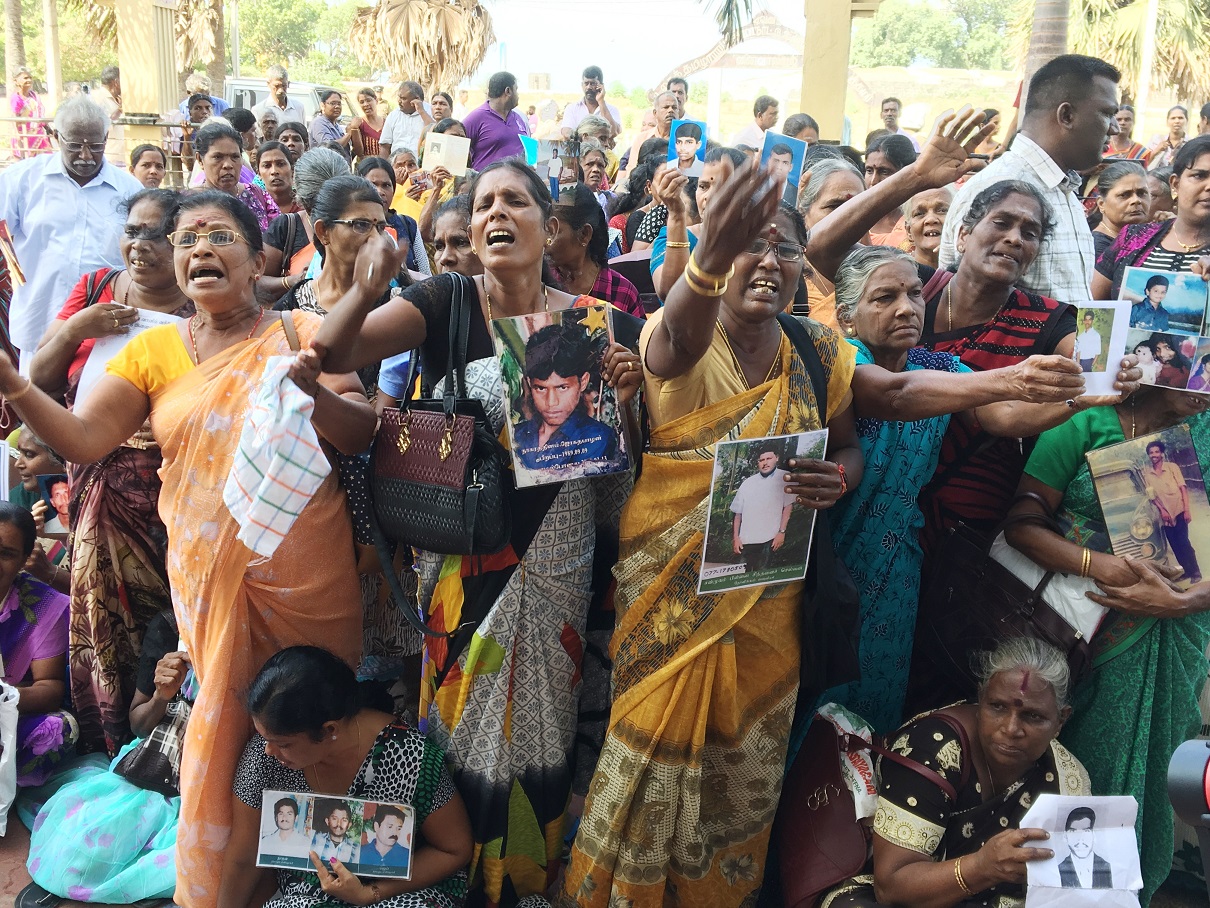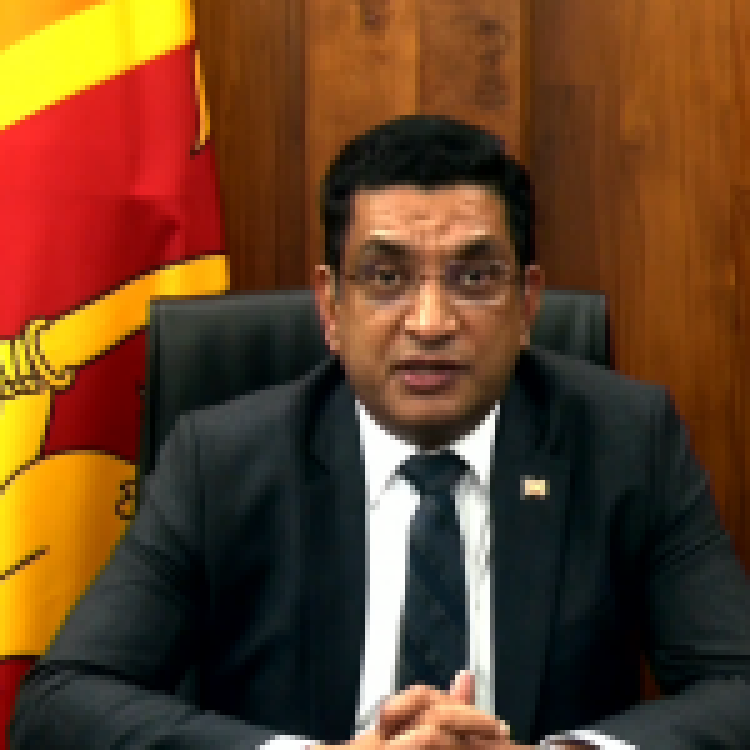
The United Nations Office of the High Commissioner for Human Rights issued a communique marking 15 years since the end of the armed conflict noting that Sri Lanka’s legacy of war and enforced disappearances haunt entire communities with victims and survivors "impacted psychologically, economically and socially".
“Women often became the families’ sole breadwinners, surviving on low-paying jobs such as working in paddy fields or sewing clothes," said the latest statement. "Many faced risks of sexual harassment and exploitation.”
“Although Sri Lanka’s war ended 15 years ago, families of the disappeared are still waiting for truth, justice and reparations,” the report read. “Sri Lanka has suffered from waves of enforced disappearances over decades. Used primarily by Sri Lankan security forces and paramilitary groups as a tool to intimidate and oppress perceived opponents, enforced disappearances have targeted tens of thousands from the 1970s to the end of the conflict in 2009.”
The OHCHR referred to a report from the UN Human Rights Office which said “Sri Lanka must confront the legacy of enforced disappearances by holding those responsible to account”.
The report called on Sri Lanka’s government to acknowledge the scale of disappearances and the involvement of State security forces and armed groups, and to take action to disclose the fates and whereabouts of the disappeared.
Under Human Rights Council resolutions 46/1 and 51/1, the Office of the High Commissioner says it is working to advance accountability for gross violations of human rights and international humanitarian law and related crimes in Sri Lanka.
It refers to the OHCHR Sri Lanka accountability project (OSLap) which is mandated to: collect, consolidate, preserve and analyze information and evidence of violations and abuses of human rights; develop strategies for future accountability processes for gross violations and abuses of human rights or serious violations of international humanitarian law; support relevant judicial and other proceedings, including in Member States, with competent jurisdiction; and advocate for victims and survivors.


